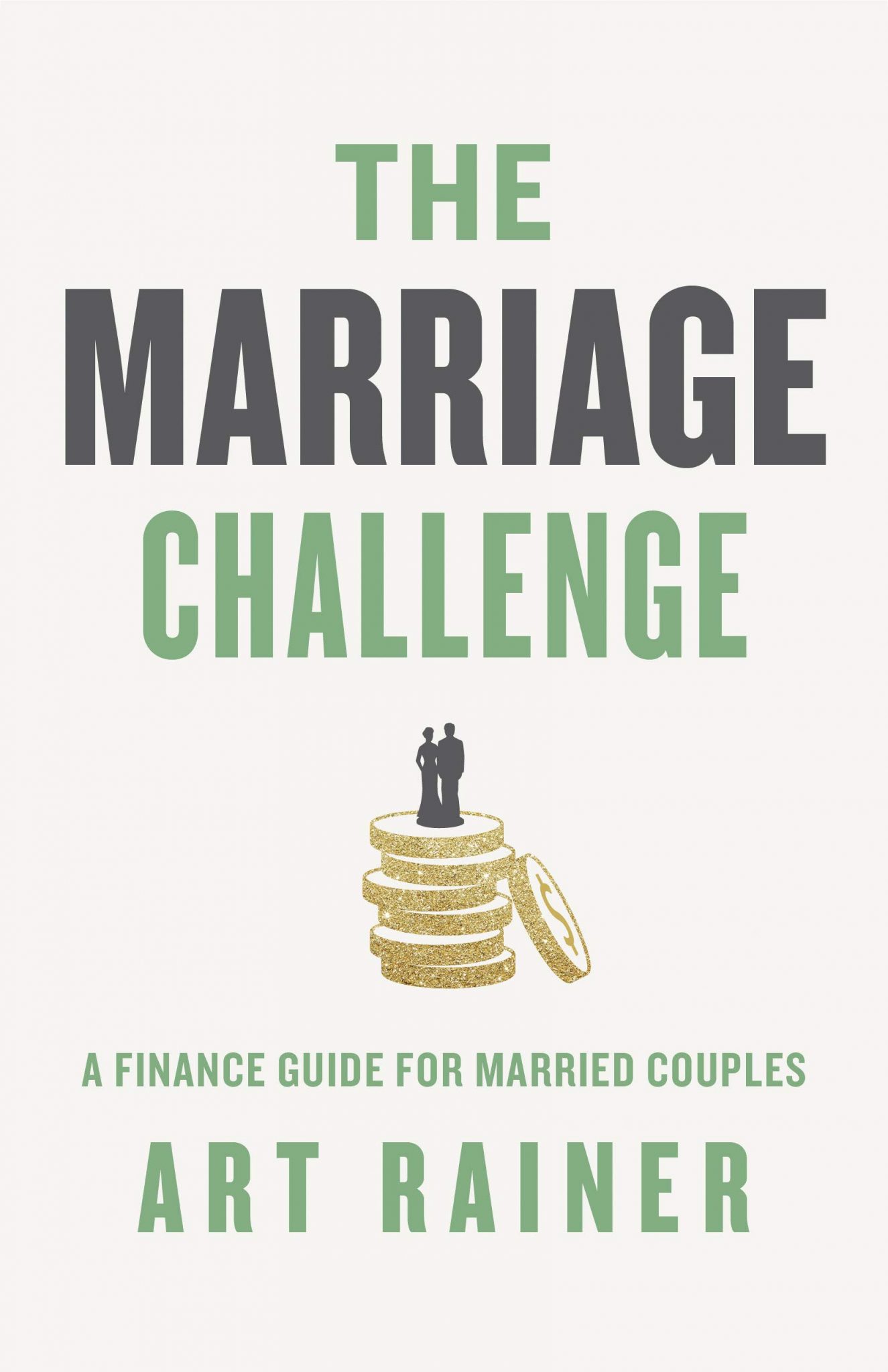More than a year ago, I left a financial-planning firm after working as a creative director and wealth coach. I only worked there for a year, but I learned more in one year about financial stewardship than I’d learned in my first 29 years of life.
I quickly learned that money problems expose marriage problems. When couples came into the firm for money counseling, we told them about the correlation between money counseling and marriage counseling—you can’t offer a married couple the former without providing the latter.
This truth is at the center of Art Rainer’s new book, The Marriage Challenge: A Finance Guide for Married Couples. “Financial conflicts in marriage are usually symptoms of something more significant,” Rainer explains, “something more foundational.” The Marriage Challenge helps couples identify those foundational conflicts and work through them successfully. Rainer, vice president for institutional advancement at Southeastern Baptist Theological Seminary, is undoubtedly qualified to write on the topic. He holds a doctorate in business administration from Nova Southeastern University, an MBA from the University of Kentucky, and is married with three children.

The Marriage Challenge: A Finance Guide for Married Couples
Art Rainer
For many couples, the collision of marriage and money is the beginning of relational havoc. But does it have to be this way?
In The Marriage Challenge: A Finance Guide for Married Couples, financial expert and author of The Money Challenge Art Rainer takes you on a journey to a financially healthy marriage. Get started on the right foot, or get back on the right track, by accepting the challenge and realizing God’s design for money and marriage.
Comprehensive Guide
The Marriage Challenge contains 16 chapters divided into three sections. The first offers a theological and philosophical foundation for marriage and money. Rainer explains that “a financially healthy couple doesn’t start with a checking account. It starts with unity.” Even a couple who earns a bunch of money and wisely budgets for years will continue to fight about money if their priorities aren’t aligned.
The second section is centered around Rainer’s practical plan to guide couples to a financially healthy and generous life. If you’re familiar with Dave Ramsey’s seven baby steps, Rainer’s eight money milestones will be familiar, but with notable distinctions.
In the final section, Rainer calls couples to destroy four marriage dividers at the root of most money problem—poor communication, selfishness, distrust, and unrealistic expectations.
Narrative Structure
The Marriage Challenge is structured around the story of Chris and Claire, a young married couple who discover on the first day of their honeymoon a dark secret related to the other’s money. Fortunately, at their resort they meet Terry and Mary, an older successful couple who agree to spend time with and give advice to the couple during their stay. By the end of the book, Terry and Mary’s guidance proves invaluable to the young couple.
The story of Chris and Claire is both the greatest strength and weakness of the book. Rainer tells the story with many cliffhangers, which keep the narrative engaging, but they make it challenging to remember and appreciate Rainer’s reflections and practical advice that often follow. Moreover, when I finally reached the end, a story that was once relatable became unbelievable. Nevertheless, the story served its purpose, and while it was distracting at times, this is a minor critique of an overall beneficial and helpful book.
Ramsey vs. Rainer
My first exposure to personal finance content was Dave Ramsey’s Total Money Makeover. While I’m deeply grateful for Ramsey’s advice, as soon as I was introduced to The Marriage Challenge, I knew I had a new recommendation for married couples.
What sets the book apart from Ramsey is its accessibility, focus, and emphasis. It’s accessible to almost any audience because it doesn’t have the self-help tone that turns many off to Ramsey. It’s specifically focused on the context of marriage, equally calling both husband and wife to action, rather than motivating one while leaving the other behind to play catch up. Finally, it emphasizes God-centered generosity from beginning to end. Ramsey doesn’t get enough credit from his critics for his emphasis on generosity, but Rainer makes it clear why we’re generous. As he reminds us, “God designed us not to be hoarders but conduits through which his generosity flows.”
If you’re married and looking for a book on money, The Marriage Challenge will provide the biblical principles and practical wisdom necessary to put your family on the path to financial health. It’s now my go-to recommendation for married couples.

































